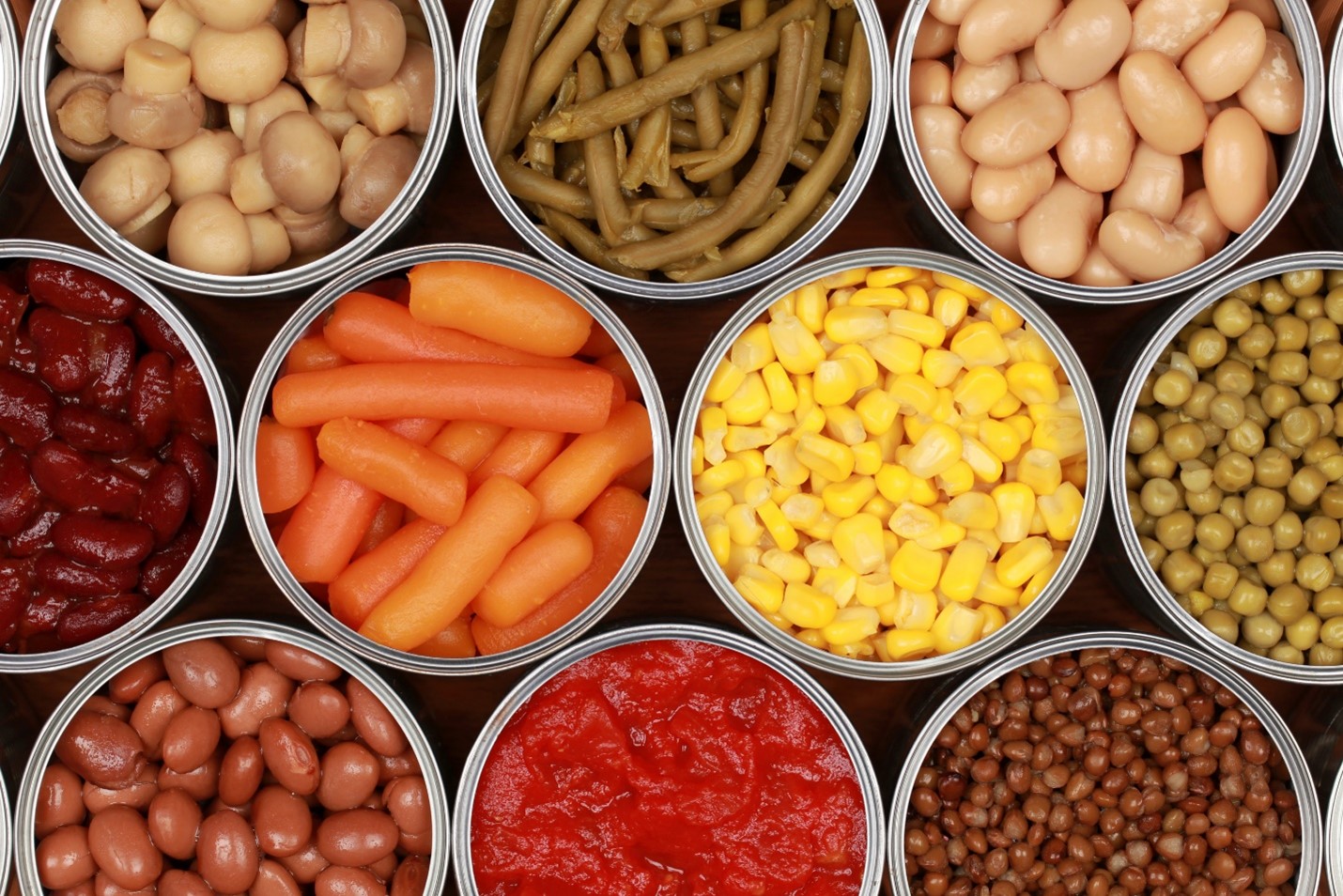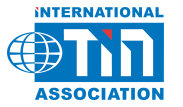
A 115-year-old American tinplate producer has closed after a policy U-turn involving US regulators who promised import tariffs up to 300% and the International Trade Commission (ITC).
One of the three US-based steelmakers, Cleveland-Cliffs Inc., who own and operate the Weirton tinplate plant in Virginia has announced its closure after the ITC voted to reject a US Department of Commerce (DOC) policy to introduce and increase tariffs on tinplate steel imports.
In August 2023 Cleveland-Cliffs Inc. and the United Steelworkers union petitioned the US Government for anti-dumping duties against eight countries and stronger duties against China. The petitioners argued that Chinese companies, subsidized by the government, were selling tinplate steel at below-market prices, undermining US manufacturing.
Regulators agreed and the US Commerce Department (DOC) and US International Trade Commission set proposals to increase import tariffs as high as 300% for China, as well as introducing duties against Canada, Germany, the Netherlands, the UK, South Korea, Taiwan, and Turkey.
The announcement was widely unpopular with consumers, particularly the Consumer Brands Association (CBA). CBA Vice President of Supply Chains Thomas Madrecki commented that the tariffs will “make can making and food manufacturing less competitive in the US, and significantly reduce consumer buying power.” A CBA-commissioned study estimated that up to 40,000 jobs would be put at risk to protect 66 jobs if these regulations were enacted.
Following a letter of opposition to the International Trade Commission (ITC) and DOC from the CBA and 28 stakeholders, on 06 February 2024, the ITC voted unanimously to reject the proposed tariffs.
The following week, Cleveland-Cliffs announced on 15 February that the Weirton plant would cease production indefinitely from April 2024. The company pointed to the recent ITC ruling as a reason for the closure. Chairman, President, and CEO Lourenco Goncalves commented “Despite the Department of Commerce finding evidence of dumping and subsidization from respondent countries, the ITC shockingly ruled against imposition of tariffs, keeping the uneven playing field in place and making it impossible for us to viably produce tinplate.”


